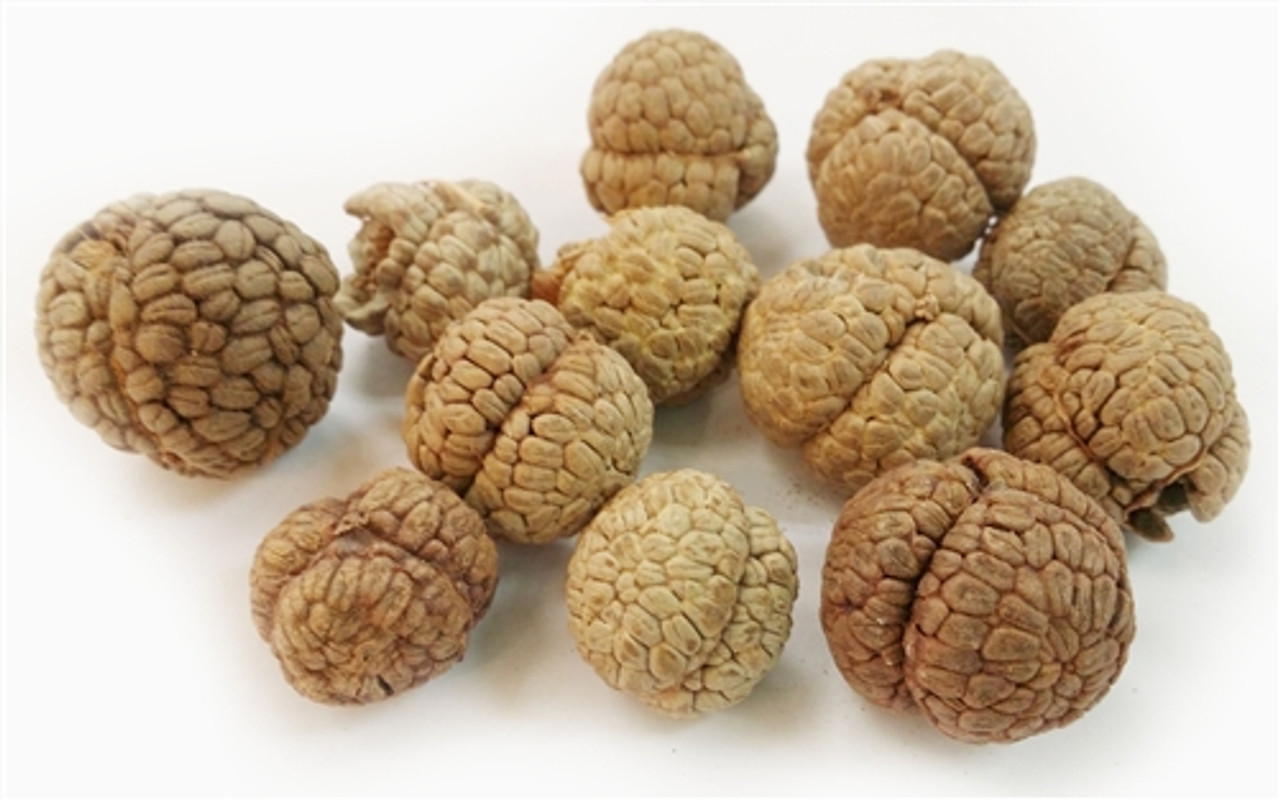Cardamom varieties, known for their aromatic and flavorful properties, As it is a versatile and flavorful spice, it has found its way into a wide range of culinary dishes in both Eastern and Western cuisines. From savory dishes to desserts, the unique aroma and taste of cardamom enhance the flavor profile of various recipes. In addition to its culinary uses, the medicinal properties of cardamom make it a valuable addition to the herbal arsenal of Acupuncture and Herbal Medicine(AHM, aka TCM) practitioners and other traditional medicine systems.
In AHM, cardamon varieties are all categorized as Aromatic Herbs that Transform Dampness These herbs are known for its warming and acrid nature, which helps transform dampness, promote the flow of qi, and strengthen the Spleen. Cardamom's ability to warm the middle Jiao (a region in the body that includes the Spleen and Stomach) makes it an effective remedy for digestive issues such as abdominal pain, bloating, and vomiting.commonly used to aid digestion, regulate qi stagnation, and alleviate various gastrointestinal issues.
Some of the well-known cardamom varieties used in AHM include Sha Ren (Amomi Fructus), Bai Dou Kou (Amomi Fructus rotundus), Cao Dou Kou (Alpiniae Katsumadai Semen), and Cao Guo (Tsaoko Fructus). While their specific actions and indications may vary, these cardamom varieties generally share a common purpose in regulating qi, transforming dampness, and supporting digestive health.
*In AHM and Western herbalism, the names of herbs do not always correspond directly. Therefore, it is essential to use their academic or botanical names for accurate identification and distinction. However, the four herbs introduced here (Sha Ren, Bai Dou Kou, Cao Dou Kou, and Cao Guo) can be used interchangeably in most cases, as they share similar properties and actions.
1. Sha Ren (砂仁) , Chinese Cardamom

Sha Ren (砂仁, Amomi Fructus) is often called Chinese Cardamom. It comes from the Amomum kravanh or Amomum villosum plant. Sha Ren is often used to treat abdominal pain, bloating, diarrhea, and nausea. It is also believed to help stimulate the spleen and stomach and promote appetite. It has a warm and acrid nature and is associated with the Spleen and Stomach meridians. Sha Ren is typically used in doses of 3 to 6 grams and is added near the end of a decoction. Sha Ren is contraindicated for individuals with heat arising from yin deficiency.
Actions:
- Regulates qi, transforms dampness, and strengthens the Spleen.
- Warms the middle Jiao (a region in the body that includes the Spleen and Stomach) and stops diarrhea.
- Calms the fetus.
2. Cao Guo (草果), Tsaoko Cardamom

Cao Guo (草果, Tsaoko Fructus) - Cao Guo is also known as Tsaoko Cardamom or Tsaoko Fruit and comes from the Amomum tsao-ko plant. It has a similar warming and digestive effect as other types of cardamom used in TCM. Cao Guo has a warm and acrid nature and is associated with the Spleen and Stomach meridians. It is typically used in doses of 3 to 6 grams. Cao Guo is often used to treat gastrointestinal issues, dispel dampness, and alleviate abdominal pain. It is also believed to have antiparasitic properties.
Actions:
- Strongly dries dampness and disperses cold.
- Dissolves stagnation and distention.
3. Cao Dou Kou (草豆蔻), Black Cardamom

Cao Dou Kou (草豆蔻, Alpiniae Katsumadai Semen) is known as Alpiniae Katsumadai Semen and also Chinese Black Cardamom, comes from the Amomum villosum or Amomum tsao-ko plant. In TCM, Cao Dou Kou has a warm and acrid nature and is associated with the Spleen and Stomach meridians. It is typically used in doses of 3 to 6 grams and is added near the end of a decoction. It is used for its warming and digestive properties, often used to treat abdominal pain, bloating, and gastrointestinal issues. Black Cardamom is also believed to have diuretic effects and can be used to treat edema and dampness.
Actions:
- Dries dampness and warms the middle Jiao.
- Cautions and Contraindications:
- Cao Dou Kou is contraindicated for individuals with blood deficiency or yin deficiency.
4. Bai Dou Kou(白豆蔻), Green Cardamom

Bai Dou Kou(白豆蔻, Amomi Fructus rotundus) is ofter Green Cardamom, also known as True Cardamom or Round Cardamon, comes from the Elettaria cardamomum plant. In TCM, Green Cardamom is used for its warming, aromatic, and digestive properties. It has a warm and acrid nature and is associated with the Lung, Spleen, and Stomach meridians. It is typically used in doses of 3 to 6 grams and is added near the end of a decoction. Bai Dou Kou is contraindicated for individuals with blood deficiency or yin deficiency.. It is often used to treat nausea, vomiting, and indigestion. It is also believed to help stimulate the spleen and stomach, promote appetite, and remove dampness.
Actions:
- Regulates qi, transforms dampness, and strengthens the Spleen.
- Warms the middle Jiao and relieves vomiting.
- Cautions and Contraindications: